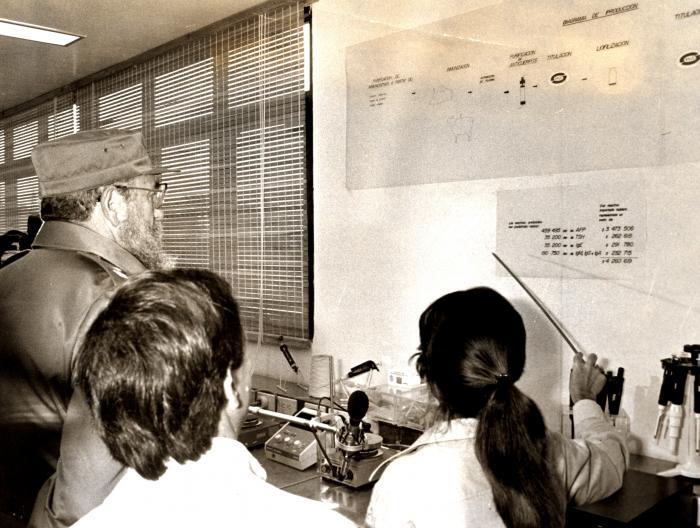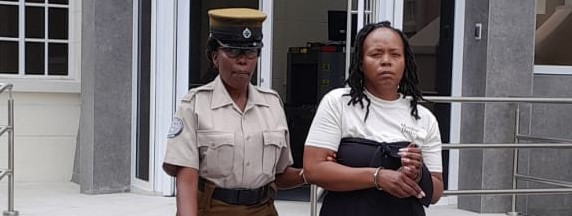Five years ago, on August 19, 2020, Cuba marked a historic milestone in its fight against COVID-19. Just months after detecting its first case, the nation unveiled its first vaccine candidate, Soberana, a testament to the strategic foresight of Fidel Castro in developing Cuba’s biotechnology industry. This achievement was rooted in the creation of Havana’s Western Scientific Pole, which adopted a closed-cycle system of research, development, production, and commercialization, enabling rapid scientific progress. Dr. Vicente Vérez Bencomo, Director of the Finlay Institute of Vaccines (IFV), presented the vaccine candidate to President Miguel Díaz-Canel and the National Expert Group for pandemic response. The announcement, though anticipated, renewed hope in Cuba’s scientific capabilities. Clinical trials for Soberana began on August 24, 2020, after receiving authorization from Cuba’s Center for State Control of Medicines (Cecmed). The vaccine’s development was a collaborative effort involving young scientists, institutions like the Center for Molecular Immunology, and the University of Havana’s Faculty of Chemistry. By mid-2021, both Soberana and Abdala, another Cuban vaccine, were authorized for public use. The rapid development and deployment of these vaccines showcased Cuba’s scientific rigor and commitment to sovereignty. Today, IFV continues to innovate, developing pneumococcal and multivalent meningococcal vaccines, while exploring MRNA technology for future epidemic preparedness.
博客
-
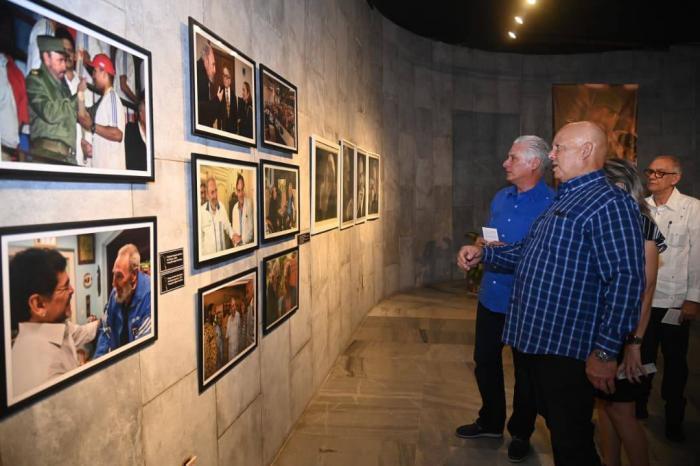
A qualitative leap in our tradition of struggle
In a significant ceremony held at the José Martí Memorial, Cuban President Miguel Díaz-Canel Bermúdez, also the First Secretary of the Central Committee of the Party, led the centenary celebration of the First Communist Party of Cuba. The event underscored the party’s foundational role in the nation’s history, likened to a vital ring in the trunk of a tree symbolizing Cuba’s national development. Rigoberto Santiesteban Reina, President of the Institute of Cuban History, emphasized the party’s mission to guide the proletariat under the ideological trends that have shaped the country’s quest for profound changes, blending the best of independence traditions and Marxism. Elvis Raúl Rodríguez, PhD in Historical Sciences and Vice-President of the IHC, highlighted the pivotal moment of August 16, 1925, marking a qualitative leap in Cuba’s years of struggle. The ceremony also featured the inauguration of a photographic exhibition allegorical to the date. Earlier, President Díaz-Canel visited ‘All the Glory of the World,’ a photographic exhibition by Alex Castro, which opened on August 13 at the Memorial. The event was attended by key political figures, including José Amado Ricardo Guerra, Member of the Political Bureau and Secretary of the Council of Ministers, and other leaders from the Party, the UJC, the Revolutionary Armed Forces, and the Ministry of the Interior.
-
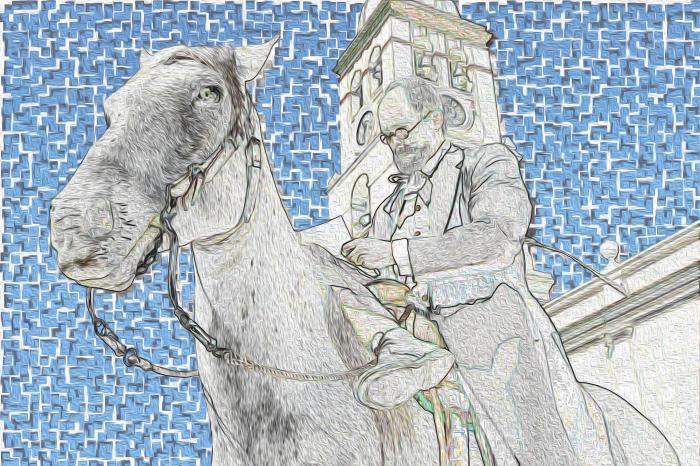
Perucho’s last march
On the morning of August 17, 1870, in Santiago de Cuba, the dawn was shattered by the roll of drums. The Regiment of the Crown, with their polished boots and Remington rifles, assembled in the Plaza de Dolores. Their mission was clear: the execution of the insurgent leaders at the old slaughterhouse, a site that had witnessed the demise of many independence dreams. Among the condemned was Major General Pedro Felipe Figueredo Cisneros, known as Perucho, a key figure in the Cuban independence movement and the composer of the Cuban National Anthem, ‘La Bayamesa.’
Perucho, suffering from ulcerated feet that rendered him unable to walk, was bound in handcuffs but not in spirit. When ordered to walk to his execution, he retorted with dignity, ‘Can’t you see I can’t? Bring me a car.’ In a mocking gesture, the Spanish officer sent for a donkey instead. Perucho, with a touch of irony, remarked, ‘I will not be the first redeemer that rides on an ass.’ The donkey, seemingly aware of its symbolic burden, carried Perucho slowly and gallantly to the execution site.
At 6:20 a.m., a 25-man platoon stood ready. Beside Perucho were Rodrigo and Ignacio Tamayo, father and son, standing erect. In a poignant moment, Rodrigo extended his handcuffed hands to bless his son before the shots rang out. The officer’s command cut through the humid air: ‘Prepare!… Aim!… Fire!’ The thunderous discharges felled the three men, their bodies falling like flags unfurled for the last time. Perucho’s blood, the patriot who had ignited the spirit of the Bayamo revolution, bathed the earth.
155 years later, the echo of that morning still resonates. The bullets may have silenced Perucho’s body, but his words, immortalized in the Cuban National Anthem, continue to inspire. Perucho, serene in the face of death, rejected cowardly forgiveness and, with his final verses, ‘To die for the Homeland is to live,’ transformed lead into seed, sowing the enduring spirit of Cuban independence.
-
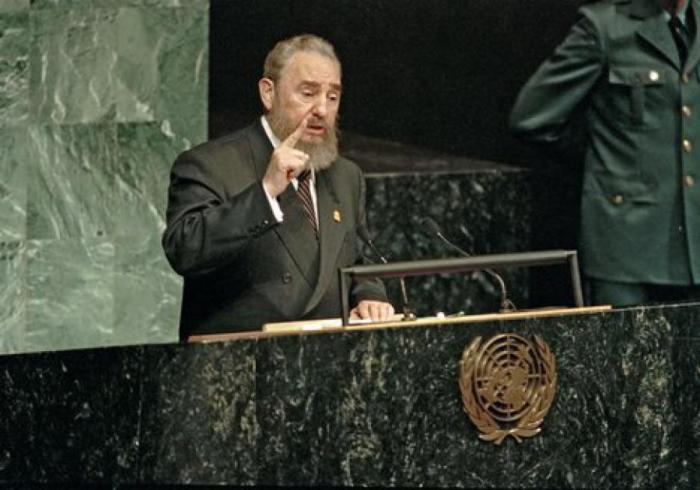
“The struggle for peace is the struggle for the survival of humanity”
Fidel Castro Ruz, the historic leader of the Cuban Revolution, is celebrated as a staunch advocate for multilateralism and a tireless champion of global peace. His vision transcended mere rhetoric, emphasizing that true peace required a radical restructuring of the United Nations system to ensure equitable representation for all nations, irrespective of their political or ideological affiliations. Castro’s speeches, particularly his landmark address at the UN General Assembly in 1960, underscored the necessity of eradicating neocolonialism, economic exploitation, and systemic injustices to achieve lasting peace. He argued that peace was inseparable from social justice, sovereignty, and the end of colonialism. His influence extended beyond words, as he spearheaded concrete actions such as Cuba’s internationalist missions, which provided medical, educational, and military support to developing nations. Castro’s leadership in the Non-Aligned Movement further solidified his commitment to fostering unity among Southern countries against Northern economic domination. His legacy continues to inspire social movements, progressive leaders, and nations striving for a more equitable world order. The Cuban government remains steadfast in its pursuit of inclusive multilateralism and global peace, embodying the principles Castro championed throughout his life.
-

GRANMA REBELDE INTERNATIONAL FESTIVAL: CELEBRATING 60 YEARS OF VOICE AND REVOLUTION!
The Communist Party of Cuba (PCC) and the Young Communist League have announced the Granma Rebelde International Festival, set to take place in Havana from October 17 to 20, 2025. This landmark event commemorates the 60th anniversaries of Granma and Juventud Rebelde, two iconic newspapers established by Fidel Castro, the revered leader of the Cuban Revolution. The Festival aims to serve as a dynamic platform for political, academic, cultural, and grassroots exchanges, fostering dialogue, solidarity, and cooperation grounded in critical thought. It will address pressing global challenges to peace and social justice, uniting participants in a shared commitment to progressive ideals. The event invites communist, left-wing, and progressive youth organizations, social movements, media outlets, and academic and cultural institutions to join in confronting media manipulation and imperialist tactics that distort realities and fuel fascism and neocolonialism. Granma and Juventud Rebelde, steadfast in their dedication to truth and unity, have played pivotal roles in advancing Cuba’s socialist project. The Festival will culminate on October 20, coinciding with Cuban Culture Day, and will also honor the upcoming centennial of Fidel Castro’s birth in August 2026. Additionally, Havana will host the 3rd International Meeting of Theoretical Publications of Left Parties and Movements from October 15 to 17, providing a vital forum for discussing emerging political theories and practices. The PCC and Young Communist League eagerly anticipate welcoming participants to Havana for this historic celebration.
-
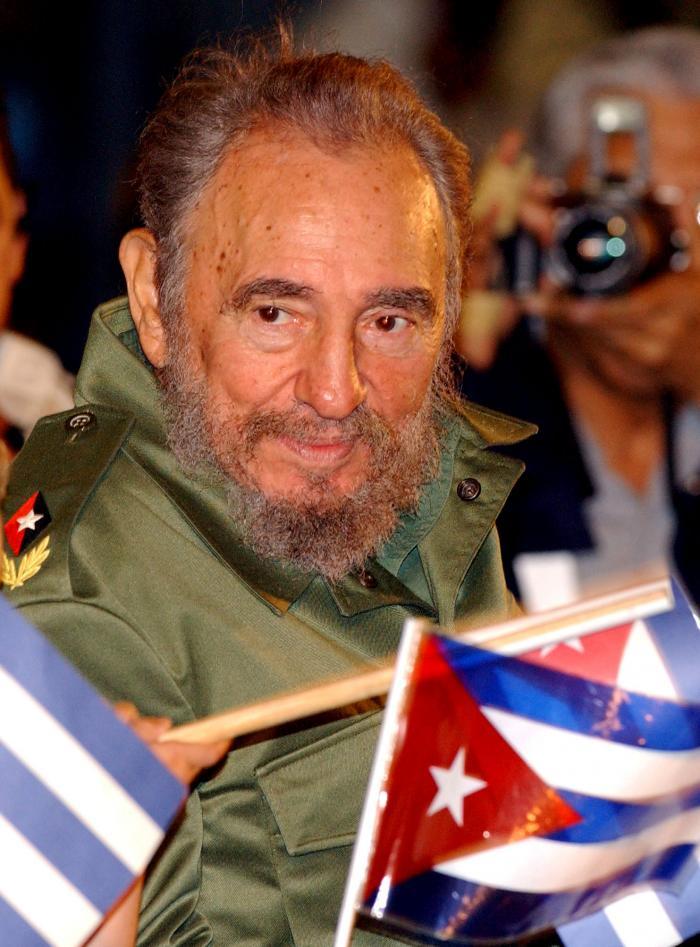
It is not nostalgia
In the heart of Cuba, the legacy of Fidel Castro continues to resonate, not as a relic of the past but as a living force that shapes the present and future. This is not about nostalgia or blind admiration, but about understanding the profound impact of a leader who embodied both extraordinary vision and human imperfection. Fidel’s name evokes a complex tapestry of emotions—hope, struggle, resilience, and the relentless pursuit of happiness in the face of adversity.
-
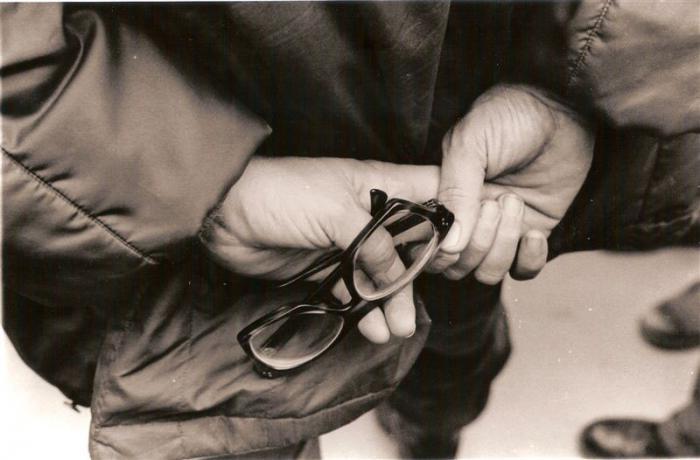
With Fidel
In 1985, a foreign journalist posed a poignant question to Fidel Castro: ‘What would you like your legacy to be? How would you like your achievements over the years to be interpreted?’ Castro’s response was both humble and confident. He acknowledged his role in the Cuban Revolution, emphasizing that his leadership was not without flaws, yet he remained assured of the high regard in which the Cuban people held him. His communication with the people, marked by his pedagogical oratory and unwavering dedication, fostered a genuine affection and admiration. This bond allowed even the humblest citizens to address him informally, a testament to his approachability and the deep connection he shared with the populace. Fidel Castro became a paradigm of leadership, embodying the qualities of Cuban identity—ingenuity, rebelliousness, and courage. As the nation commemorates the 100th anniversary of his birth, it is imperative to move beyond the emotional resonance of his legacy. Castro himself urged a focus on the study and continuation of his ideology rather than mere symbolic gestures. His teachings on unity, consensus-building, and cultural preservation remain relevant. The celebration of his centennial should serve as an opportunity for rigorous examination of his work, ensuring that his contributions are neither forgotten nor diminished. Fidel Castro’s legacy is not just a historical lesson but a call to strategic thinking, national pride, and unwavering idealism. His perseverance in the face of challenges exemplifies the spirit of resilience and determination. As we reflect on his life and achievements, let us enter history with him, allowing it to open its gates wider for us.
-
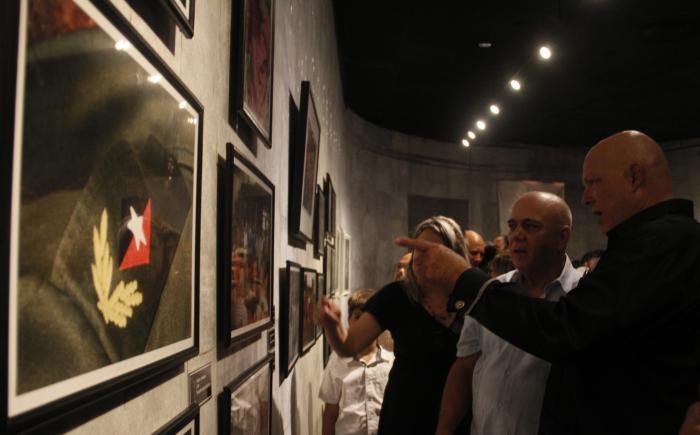
A window into Fidel’s soul
The exhibition ‘All the Glory of the World,’ curated by Alex Castro Soto del Valle, offers an intimate and multifaceted portrayal of Fidel Castro, the Commander-in-Chief of Cuba. Opening at the José Martí Memorial on August 12, 2025, the exhibition features 50 snapshots that capture Castro in various settings—from private moments at home to public engagements, and from casual conversations to intense discussions. The images, taken by his son Alex, aim to humanize and complexify the iconic leader, presenting him through a lens that is both personal and profound.
-
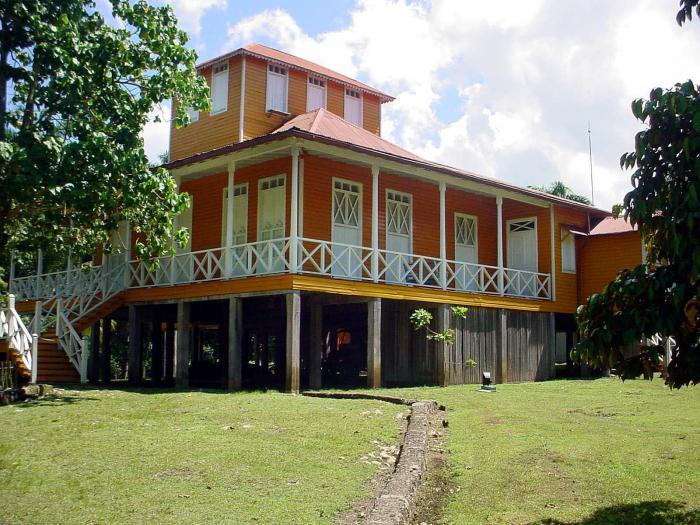
In every corner of the island, a tribute to Fidel
Cuba is set to honor the legacy of Fidel Castro with a grand commemorative program marking what would have been his 100th birthday. Approved during the 10th Plenary Session of the Central Committee of the Communist Party of Cuba, the program will officially commence on August 13 at the Birán Historical Complex in Cueto, Holguín. This date holds special significance as it marks the 99th anniversary of the birth of the iconic leader. The program, spanning from August 13, 2025, to December 4, 2026, aims to celebrate Castro’s enduring ideals and encourage the study of his revolutionary thinking. The event will feature a cultural performance by the renowned children’s theater company, La Colmenita, known for its heartfelt and tender productions. Preparations at the Birán Historical Complex, a National Monument, include the restoration of the Castro Ruz family’s second home, the rooster fence, and the huts once occupied by Haitian immigrants employed by Fidel’s father. Additionally, beautification efforts have been undertaken in the surrounding green areas. Yaniel Cobos, the ideology officer of the National Bureau of the Young Communists Union, highlighted the program’s focus on youth engagement. Over 250 young individuals from various provinces will participate in the event, camping near the complex on August 12 after celebrating International Youth Day. The program also includes productive work at the Beola agricultural center and the Vladimir Ilich Lenin Provincial Hospital. Across Cuba, youth groups will engage in economic contributions and cultural events to honor Fidel Castro’s memory, culminating in a nationwide tribute at dawn on August 13.
